Sarah Wagner
U.S. journalist living in Venezuela
89 articles
by Sarah Wagner
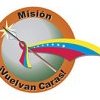
Caracas (Venezuela) | 13 July 2005
by Sarah Wagner
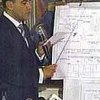
Caracas (Venezuela) | 11 July 2005
Venezuela’s Attorney General: Prosecutor’s Assassination
by Sarah Wagner
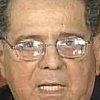
Caracas (Venezuela) | 1 July 2005
by Sarah Wagner
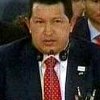
Caracas (Venezuela) | 30 June 2005
by Sarah Wagner , Gregory Wilpert

Caracas (Venezuela) | 29 June 2005
Mercal
by Sarah Wagner
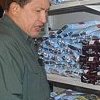
Caracas (Venezuela) | 28 June 2005
by Sarah Wagner
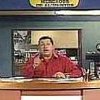
Caracas (Venezuela) | 28 June 2005
by Sarah Wagner
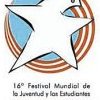
Caracas (Venezuela) | 23 June 2005
by Sarah Wagner
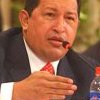
Caracas (Venezuela) | 22 June 2005
by Sarah Wagner , Gregory Wilpert
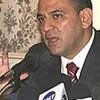
Caracas (Venezuela) | 20 June 2005
by Sarah Wagner
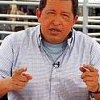
Caracas (Venezuela) | 17 June 2005
by Sarah Wagner
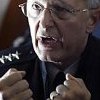
Caracas (Venezuela) | 15 June 2005
by Sarah Wagner
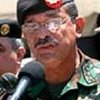
Caracas (Venezuela) | 15 June 2005
by Sarah Wagner
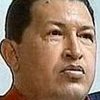
Caracas (Venezuela) | 14 June 2005
Venezuelan Opposition Group Sumate Takes Offensive
by Sarah Wagner

Caracas (Venezuela) | 13 June 2005